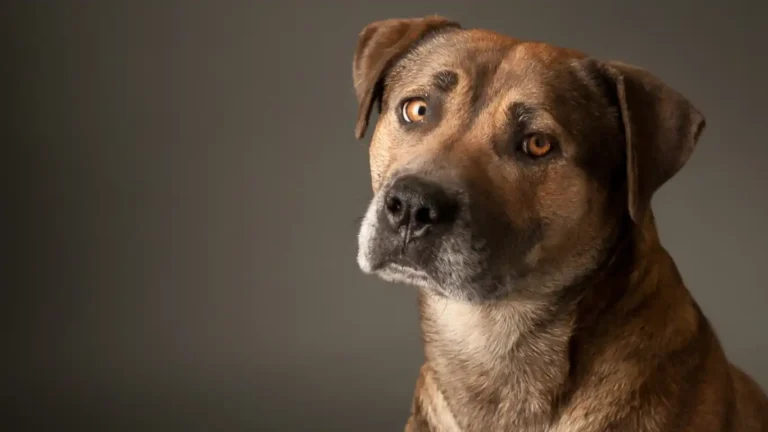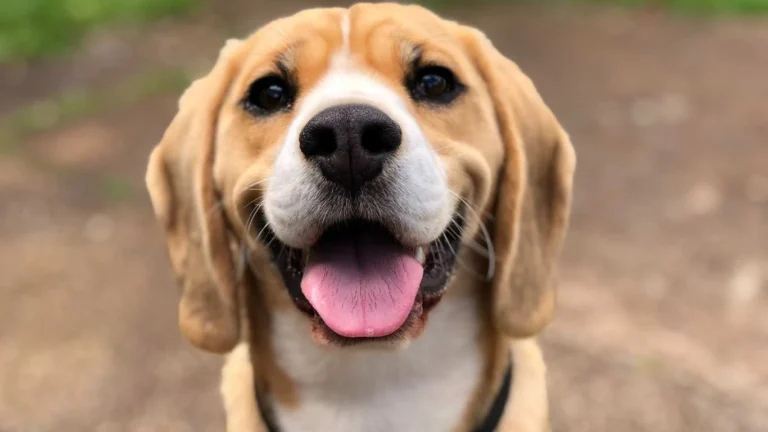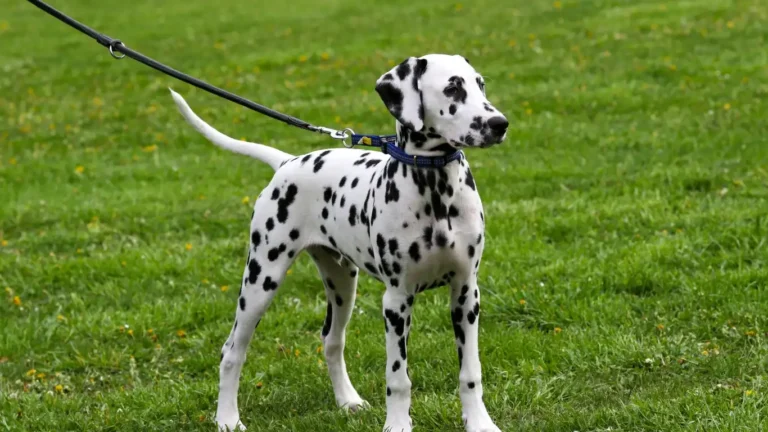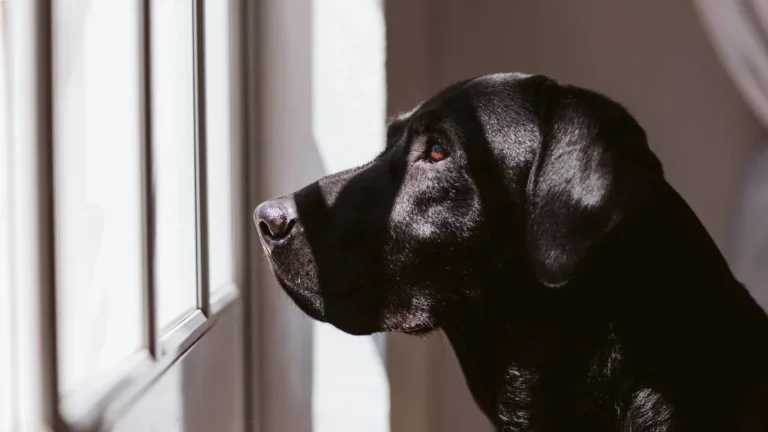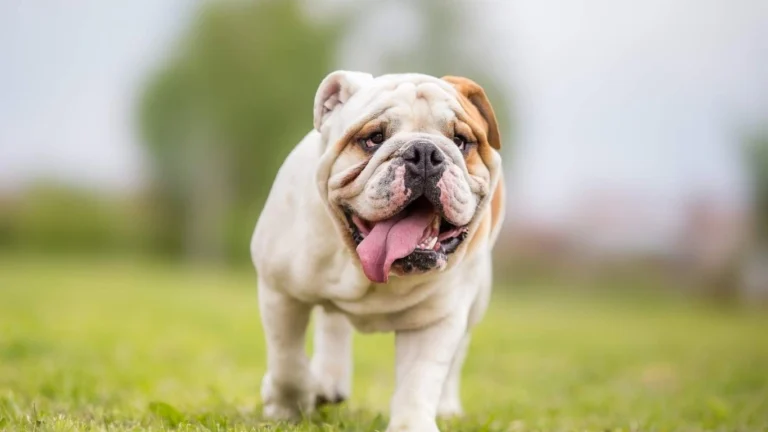What to Do if Your Dog is Losing Weight Unexpectedly – Expert Tips
If your dog is suddenly losing weight, it can be concerning. As a pet nutritionist with years of experience in veterinary clinics, I’ve seen firsthand how unexpected weight loss can be a sign of something serious. Weight loss in dogs can be caused by a variety of factors, from simple changes in their diet to more complex health issues. As a pet owner, it’s important to take action as soon as you notice your dog losing weight unexpectedly. In this article, I’ll walk you through what to do, possible causes, and when to seek veterinary help to ensure your furry friend stays healthy and happy.
Understanding Unexpected Weight Loss in Dogs

When a dog begins to lose weight unexpectedly, it can be alarming, especially if there are no clear changes to their routine or diet. Weight loss in dogs is typically a symptom of an underlying health issue rather than just a normal aging process. It’s essential to understand that dogs, like humans, are susceptible to various conditions that can lead to weight loss. This is why it’s crucial to monitor their behavior closely and take quick action if you notice a drastic change in their weight.
Why Is Your Dog Losing Weight Unexpectedly?
There are a number of reasons why your dog might be losing weight. Sometimes, the cause can be as simple as a change in diet, but other times, it may point to a serious medical condition. Let’s dive into some of the most common causes of unexplained weight loss in dogs:
- Parasites: Intestinal worms are a common culprit in unexplained weight loss. These parasites can steal nutrients from your dog’s body, leading to weight loss even if they are eating normally. Keep an eye out for symptoms like vomiting, diarrhea, or a change in their stool.
- Dental Problems: If your dog is experiencing oral pain due to gum disease, tooth decay, or other dental issues, they might not be able to eat properly, leading to weight loss. Always check for signs of discomfort when eating, like drooling, pawing at the mouth, or difficulty chewing.
- Metabolic Disorders: Conditions like hyperthyroidism or diabetes can cause weight loss in dogs. These disorders often cause changes in appetite, thirst, and energy levels. If your dog’s behavior seems different, it’s worth discussing these potential issues with your vet.
- Cancer: Unfortunately, cancer is a leading cause of weight loss in dogs. Tumors can affect digestion and nutrient absorption or cause a loss of appetite. Weight loss is often one of the first noticeable signs of cancer in dogs.
- Chronic Illnesses: Diseases like kidney disease, liver disease, or gastrointestinal issues can lead to a loss of appetite and weight. Dogs with chronic illnesses often show other signs like lethargy, vomiting, or diarrhea.
What to Do When You Notice Weight Loss
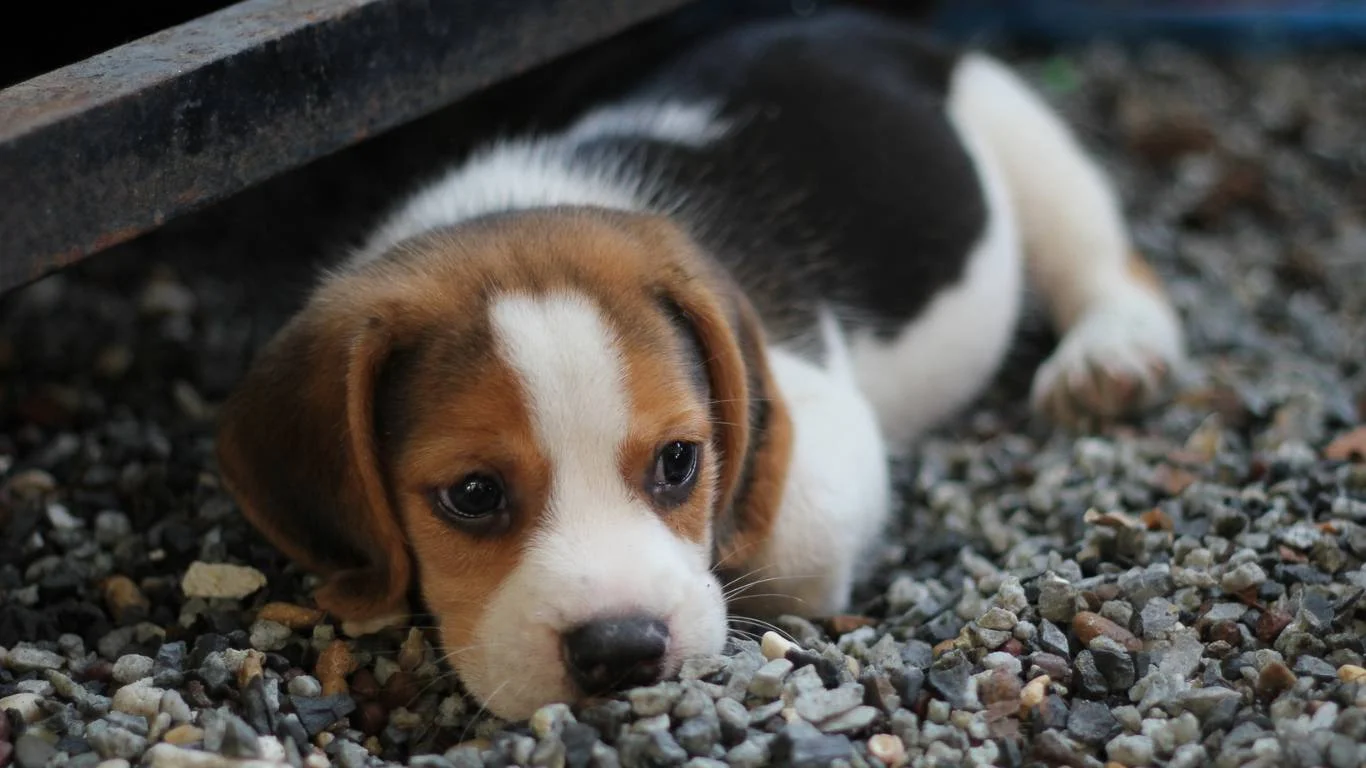
If you notice that your dog is losing weight unexpectedly, it’s important to act quickly to get to the bottom of the issue. Here’s what you should do:
- Observe and Monitor: Keep a close eye on your dog’s eating habits, behavior, and overall health. If your dog has suddenly stopped eating, drinking excessively, or behaving abnormally, these are red flags that require attention.
- Examine Their Diet: Consider whether there have been any recent changes to your dog’s food. Sometimes, the food might not be meeting their nutritional needs, or they may simply not like the taste of a new brand. Check if their food is fresh and free from contaminants.
- Check for Physical Symptoms: Look for signs such as vomiting, diarrhea, coughing, or changes in their coat and skin. These symptoms could point to an underlying issue that needs to be addressed.
- Consult with a Veterinarian: If your dog’s weight loss persists or if you observe any concerning symptoms, it’s best to consult a veterinarian right away. A vet can perform a thorough examination and run diagnostic tests to identify the cause of the weight loss.
When to Seek Immediate Veterinary Attention
While some causes of weight loss can be addressed with simple dietary changes or parasite treatments, others require immediate veterinary intervention. Here are signs that you should seek help from a professional as soon as possible:
- Severe Weight Loss: If your dog has lost more than 10% of its body weight in a short period, it’s essential to seek veterinary care immediately.
- Loss of Appetite or Excessive Thirst: If your dog has suddenly stopped eating and drinking, this can lead to dehydration and malnutrition, which can be dangerous if left untreated.
- Behavioral Changes: If your dog is lethargic, having difficulty breathing, or showing signs of pain, it could be a sign of a more serious underlying health condition.
- Vomiting or Diarrhea: If your dog is vomiting or has persistent diarrhea, these are often signs of infection, parasites, or gastrointestinal issues that need urgent care.
As a pet owner, it’s natural to feel concerned, but it’s essential to remember that many health conditions are treatable with the right intervention. The sooner you act, the better the chances of a positive outcome for your dog.
Conclusion
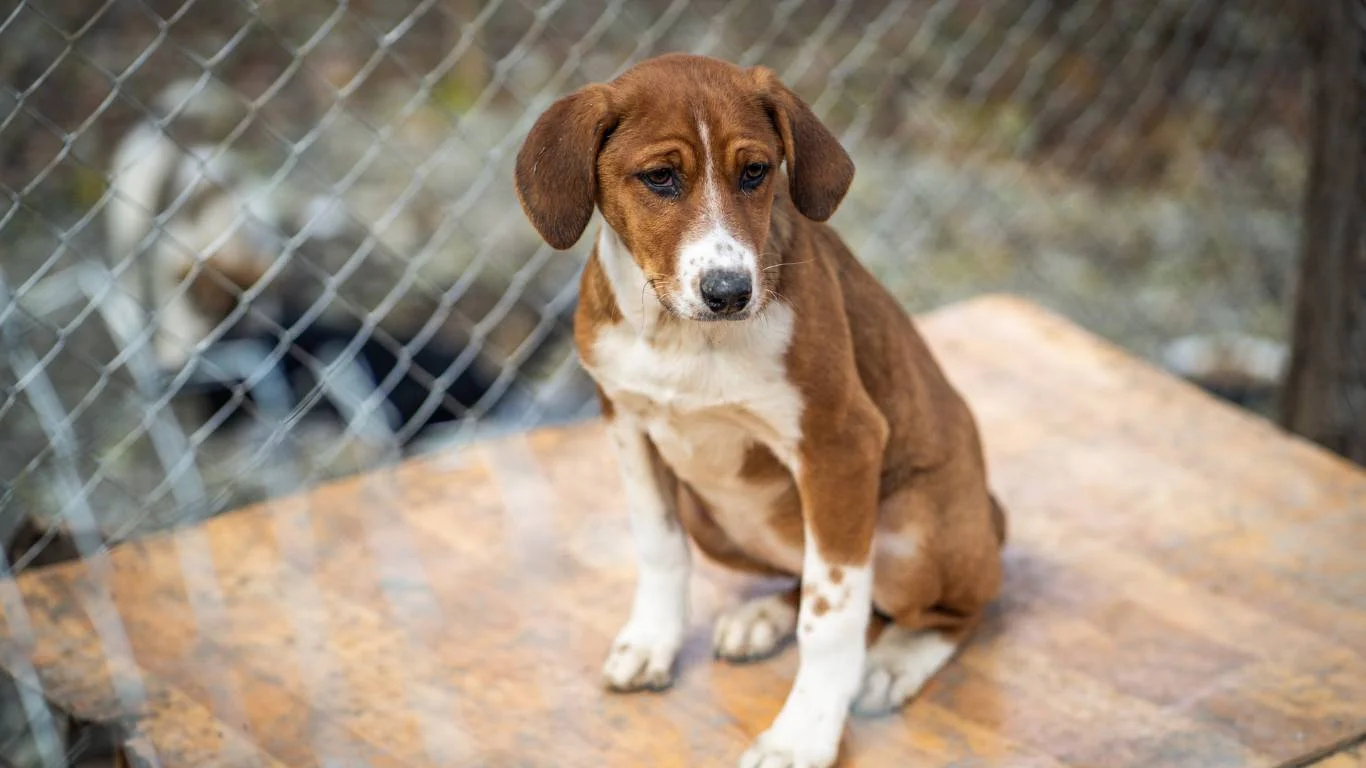
When your dog is losing weight unexpectedly, it’s crucial to remain calm and take action. By observing their behavior, monitoring their diet, and seeking veterinary help when needed, you can ensure that your dog gets the proper care they deserve. Keep in mind that as a pet nutritionist, I’ve seen how proper diagnosis and timely care can make all the difference in getting your dog back to health. Don’t hesitate to consult your vet if you’re unsure, as they will be your best resource for helping your pet through this challenging time.
How to Help Your Dog Regain Weight Safely

Once you’ve identified the cause of your dog’s weight loss, it’s time to focus on helping them regain the weight they’ve lost. Regaining weight in a healthy way can be just as important as losing weight in the first place. As a pet nutritionist, I always recommend taking a balanced and cautious approach to ensure your dog is getting the right nutrition without overwhelming their system. Here’s how you can help your dog get back to a healthy weight.
1. Adjust Their Diet to Meet Their Nutritional Needs
First things first, the most important factor in helping your dog regain weight is ensuring they’re getting a high-quality, balanced diet. Depending on what caused the weight loss, you might need to make adjustments to their food to support their recovery. Here’s what you can do:
- Consult with Your Veterinarian: It’s always best to consult with your vet before making drastic changes to your dog’s diet. Your vet can recommend specific foods or supplements tailored to your dog’s condition, helping them regain weight without causing any harm. I’ve personally seen how personalized nutrition plans can make a huge difference.
- Choose Nutrient-Dense Foods: Opt for foods that are rich in calories, protein, and healthy fats to support weight gain. Foods with high protein content like chicken, turkey, or lamb can be great for building muscle mass, while healthy fats from fish oils, chicken fat, or flaxseed can help boost calorie intake.
- Feed Smaller, More Frequent Meals: If your dog has a poor appetite or struggles to eat large meals, try offering smaller meals more frequently throughout the day. This can help prevent digestive issues and ensure that your dog is consistently getting the nutrients they need.
- Hydration is Key: Always make sure your dog has access to fresh water. Dehydration can make it harder for them to regain weight, so keep their water bowl full and encourage them to drink regularly.
2. Supplements and Special Foods for Weight Gain
If your dog is struggling to regain weight, supplements can sometimes be helpful. Again, it’s essential to consult with your vet before adding anything new to their diet, as some supplements may interact with their medications or underlying conditions. Here are a few options to discuss with your veterinarian:
- Calorie-Boosting Supplements: There are special calorie-dense supplements available that are designed to help dogs gain weight. These are often added to their regular meals to boost the overall calorie content without requiring your dog to eat more food. They can be a real lifesaver if your dog isn’t eating enough on their own.
- Digestive Enzymes: Sometimes, dogs may have trouble absorbing nutrients properly, especially if they’re dealing with gastrointestinal issues. In this case, digestive enzyme supplements might be beneficial. These enzymes help break down food, making it easier for your dog to absorb the nutrients they need.
- Probiotics: If your dog’s weight loss is related to gastrointestinal problems, probiotics can help restore the balance of good bacteria in their gut, improving digestion and overall health.
Managing Specific Conditions That Cause Weight Loss

As we mentioned earlier, there are several potential causes for your dog’s weight loss, and each of these conditions may require different treatment. Understanding your dog’s specific condition will help you make informed decisions about how to proceed. Here are a few common causes of weight loss and how they can be managed:
1. Parasites
Intestinal parasites such as worms can steal nutrients from your dog, leading to weight loss. If your vet diagnoses your dog with parasites, they will likely prescribe deworming medication to eliminate the problem. Once the parasites are gone, your dog’s appetite should return to normal, and they will begin to gain weight. It’s a good idea to follow up with your vet to ensure the parasites are fully cleared out of your dog’s system.
2. Dental Issues
If your dog is losing weight because of dental problems, the first step is to address the underlying cause. You may need to have your dog’s teeth professionally cleaned or even extract any teeth that are causing pain. Once your dog is no longer in pain, they’ll be able to eat more comfortably, which will help with weight gain. Be sure to regularly check your dog’s teeth and gums for any signs of discomfort, such as bad breath, drooling, or difficulty eating.
3. Diabetes and Other Metabolic Disorders
For dogs diagnosed with diabetes or other metabolic disorders, managing their condition is key to stabilizing their weight. Your veterinarian will recommend a tailored treatment plan that includes insulin injections, dietary changes, and possibly medication. Once your dog’s blood sugar is controlled, they should begin to gain weight and feel better. Consistent monitoring and regular checkups are important for managing these conditions.
4. Cancer
If your dog is diagnosed with cancer, the treatment plan will depend on the type and stage of cancer. Weight loss is often a result of the body’s inability to properly absorb nutrients or because of reduced appetite. Chemotherapy, surgery, or radiation may be necessary, but supporting your dog with a calorie-rich diet and nutritional supplements can help them maintain a healthy weight during treatment. Always follow your vet’s advice closely, as they will provide the best guidance based on your dog’s condition.
Keeping Your Dog Comfortable and Happy During Recovery
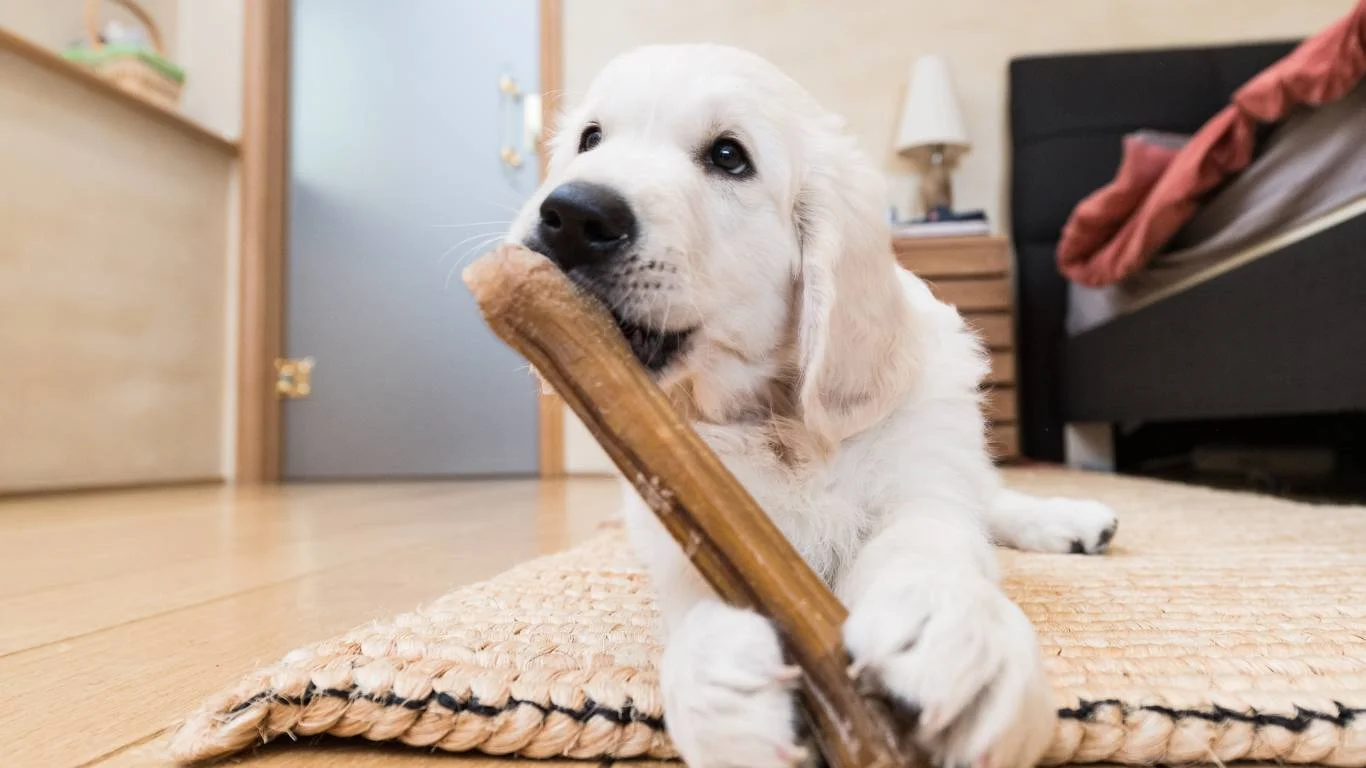
Aside from adjusting their diet and addressing the medical issues causing weight loss, it’s essential to ensure that your dog remains comfortable and happy throughout their recovery process. Emotional well-being can play a significant role in their overall health, so here are a few tips to help your dog feel more comfortable during this time:
- Provide a Comfortable Resting Area: Ensure your dog has a quiet, comfortable spot to rest. During recovery, your dog may need extra sleep or time to themselves, so providing a cozy bed in a calm area will help them recharge.
- Offer Encouragement: Encourage your dog to eat by making mealtime enjoyable. You can try warming their food, adding tasty toppers, or hand-feeding if needed. Showing patience and love during this time will help build trust and make recovery a more positive experience for your dog.
- Engage in Low-Stress Activities: If your dog is feeling up to it, engage them in gentle, low-stress activities like short walks or interactive playtime. Just be sure not to overexert them, as they may still be recovering from the weight loss and need time to regain their strength.
Preventing Future Weight Loss in Dogs
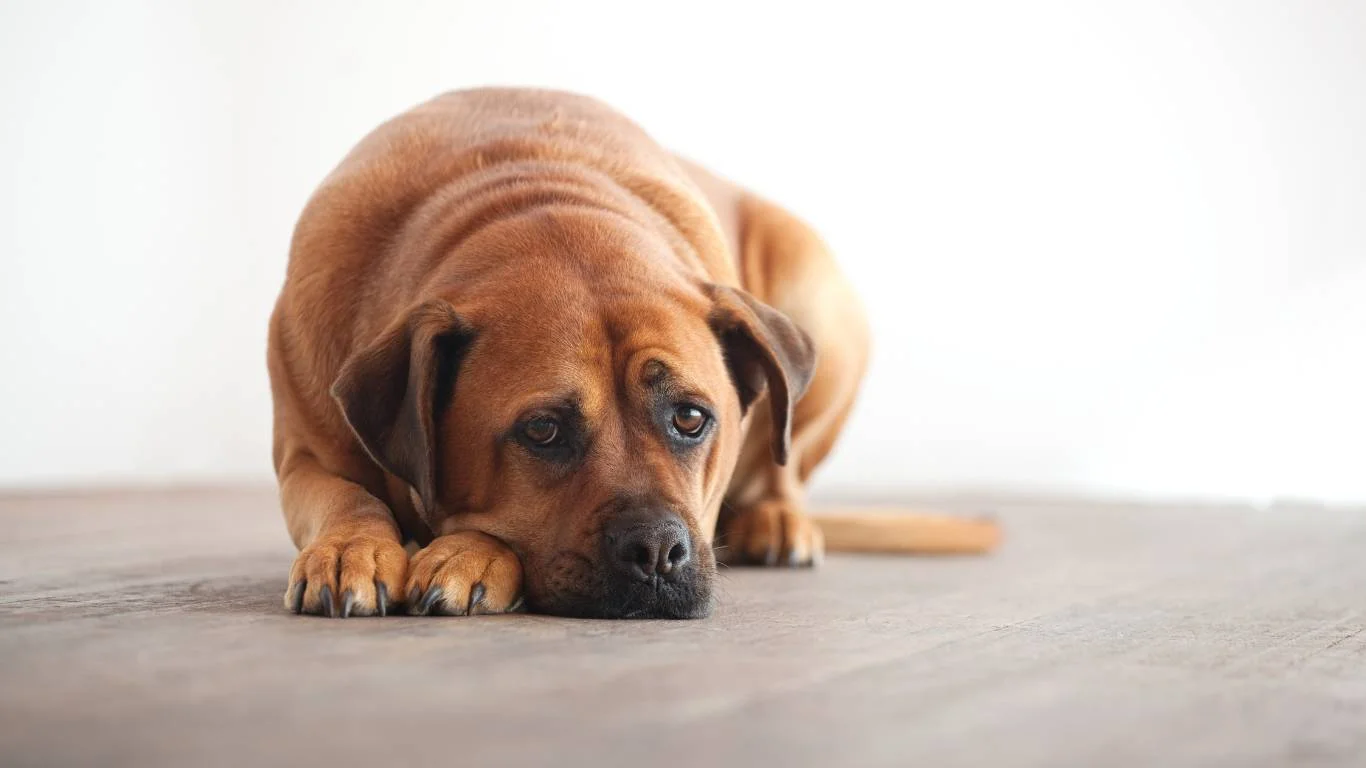
Once your dog has regained their weight and is back to feeling better, you’ll want to take steps to prevent future weight loss. As a pet nutritionist with experience in veterinary clinics, I’ve worked with countless pet owners to develop strategies that keep their pets healthy long-term. Preventing unexpected weight loss involves maintaining a consistent routine, monitoring their health, and providing a balanced diet. Here are some tips to keep your dog at their best:
1. Regular Vet Check-ups
One of the best ways to prevent future weight loss is by keeping up with regular vet check-ups. Annual or bi-annual visits help detect any underlying health issues early before they become serious problems. During these check-ups, your vet will conduct a thorough examination, including blood tests and other diagnostics, to ensure your dog is healthy. In my experience, early detection of health problems can make a world of difference in terms of your dog’s recovery and long-term well-being.
2. Maintain a Consistent Diet
It’s crucial to feed your dog a consistent, well-balanced diet. Sudden changes in food, especially to lower-quality brands, can upset their digestive system or cause nutritional imbalances that might lead to weight loss over time. Stick with high-quality, nutrient-dense food that’s appropriate for your dog’s age, size, and activity level. If you ever need to switch food brands, do so gradually to allow your dog’s system to adjust without stress.
3. Keep Them Active and Engaged
Keeping your dog physically active is important for maintaining their overall health and weight. Regular exercise helps prevent obesity, supports muscle growth, and promotes a healthy metabolism. However, be sure to tailor the intensity and duration of exercise to your dog’s age, breed, and current health condition. If your dog is recovering from an illness or weight loss, start with light walks or low-intensity play and gradually increase as they gain strength.
4. Watch for Early Signs of Illness
Stay vigilant for any subtle signs that might indicate your dog is beginning to lose weight again. Changes in appetite, behavior, or coat quality should be noted and addressed promptly. As a pet nutritionist, I always advise pet owners to trust their instincts—if something doesn’t seem right, don’t hesitate to schedule a vet visit. Early intervention can prevent minor issues from turning into major health problems.
Common Questions About Weight Loss in Dogs

As a pet care expert, I get asked a lot of questions about dog weight loss. Let’s take a moment to address some of the most common concerns pet owners have when they notice their dog is losing weight unexpectedly.
1. Can Stress Cause My Dog to Lose Weight?
Yes, stress can contribute to weight loss in dogs. Dogs that are stressed may have a decreased appetite, experience digestive upset, or become more lethargic. Common stressors include changes in environment, separation anxiety, or loud noises like thunderstorms or fireworks. If you suspect stress is the cause, try to identify the trigger and minimize it. Also, providing a calm, safe space for your dog can help them feel more secure and improve their appetite.
2. Is It Normal for Senior Dogs to Lose Weight?
While some weight loss is common in older dogs due to a slower metabolism, it’s not something you should just accept. Senior dogs often experience health problems such as arthritis, dental disease, or even cancer that could cause weight loss. If you notice your senior dog losing weight, it’s important to rule out any underlying health issues. Regular vet check-ups are especially important for aging dogs to help catch any problems early.
3. Can I Add Homemade Food to My Dog’s Diet?
Homemade food can be a great way to supplement your dog’s diet, especially if they are struggling with weight loss. However, it’s essential to ensure that any homemade meals are balanced and meet your dog’s nutritional needs. I recommend working with a veterinarian or pet nutritionist to develop a homemade meal plan that’s safe and effective. Some ingredients, like certain spices or vegetables, can be harmful to dogs, so it’s essential to know what’s safe and what’s not.
4. Can My Dog Regain Weight Without a Special Diet?
Regaining weight often requires a high-calorie, nutrient-dense diet, but in some cases, a normal healthy diet might suffice if your dog is otherwise healthy and their weight loss is due to stress or a minor illness. If your dog is struggling with weight regain, though, it’s often best to switch to a high-calorie diet, sometimes with the addition of supplements. Consulting with your vet will ensure that the right approach is taken.
References and Further Reading
If you’re interested in learning more about canine health, nutrition, and weight loss management, here are some useful resources:
- PawPatron – Pet Health and Nutrition
- How to Maintain Your Dog’s Ideal Weight (American Kennel Club)
- What to Do When Your Dog is Losing Weight (American Kennel Club)
Disclaimer
The information provided in this article is for educational purposes only and is not intended to replace professional veterinary advice. Always consult with your veterinarian before making any changes to your dog’s diet, health care routine, or if you suspect an underlying medical condition. Each dog is unique, and what works for one pet may not work for another. Your veterinarian is the best resource to guide you through any health concerns your pet may have.

